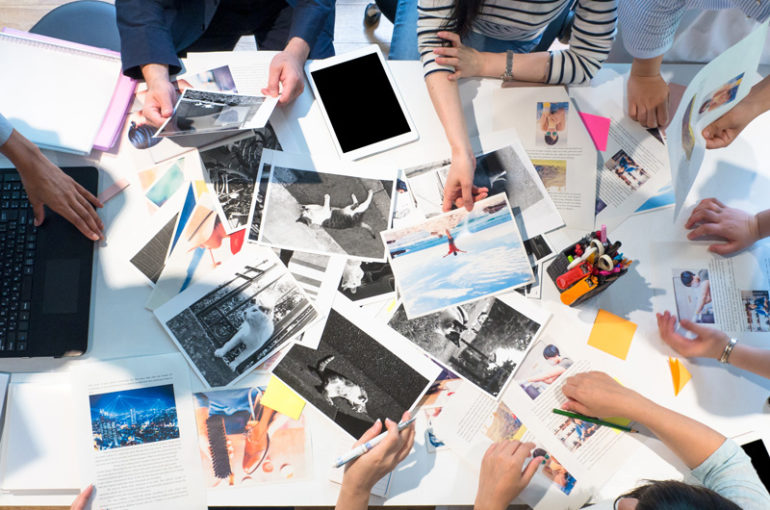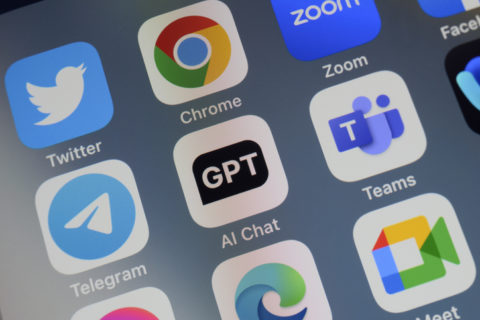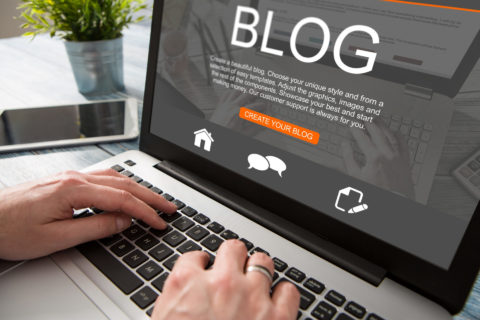Staying on the right side of image copyright
Staying on the right side of image copyright

Whilst we’re sure that you’d never want to take credit for someone else’s work, nor fall the wrong side of the law when it comes to promoting your business, more and more people across the South West are being clobbered with potentially hefty fees over ‘image copyright infringement‘.
Here we explain exactly what that means and how you can avoid potentially costly mistakes.
What exactly is copyright?
Whilst we’re not lawyers, we’re going to give you a quick overview; if you take a photo, then you own the copyright to that photo and can choose where it goes and who is able to use it.
You could choose to use it on your own website, or you could allow someone else to use it on theirs if you were happy for them to do so.
The key point is that you have control of the image and you’re happy for someone else to use it.
Where problems arise is if someone uses that image without permission. If you were browsing the internet and found that someone else was using your photo and hadn’t asked, you’d probably be annoyed and rightly so.
And this is where people are being caught out when they (hopefully innocently) use a photo that they don’t have permission to.
When can you use an image and when can’t you use an image?
You can use an image if:
– You took it yourself.
– You have asked for and gained permission to use it.
– You have purchased a license to use it (usually from a stock photography website, such as iStock or Adobe Stock).
How about images you see on Google?
When you do a google image search you will see an option to allows you to select USAGE RIGHTS (you can get to this by tapping on ‘tools’ under the search bar).

There are two types of image copyright you can choose from:
Creative commons licences:
Creative Commons licences are free licences that a rights holder might attach to an image. It lets people know how they can reuse an image without having to go back to the rights holder to ask for their permission.
Commercial or other licences:
Commercial or other licenses: These images have non-Creative Commons licenses and can be from either site available at no charge or commercial sites that require payment.
The latter would need checking in terms of whether or not you can use it, but if in doubt, simply don’t.
What happens if you use someone’s photo without permission?
If they find that you have been using their image then you’ll likely receive an email from a company such as Alamy, who will detail the page and place you’ve used the image without permission. This will also include a fee they would like you to pay in compensation. This fee can run into hundreds of £’s, so the key point here is never to take images unless you have permission, have bought them or have taken them yourself.
Please note this article is not providing legal advice for image copyright and is only an introduction to the topic area. Always seek professional legal support should you wish to discuss or learn more about this subject.
if you want to know more about how MiHi Digital can help your business grow, then get in touch with Mark and the team!
Call us on 01566 232323 or email hello@mihidigital.co.uk.


